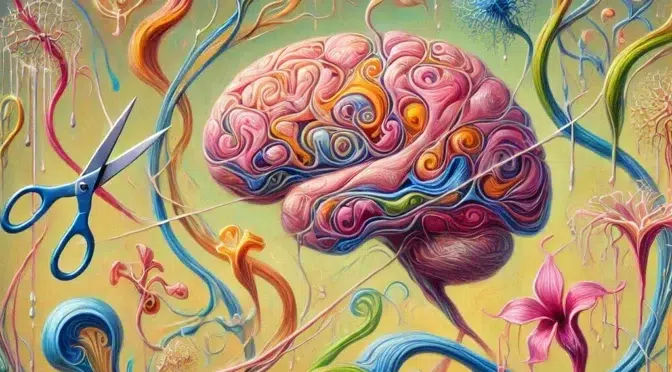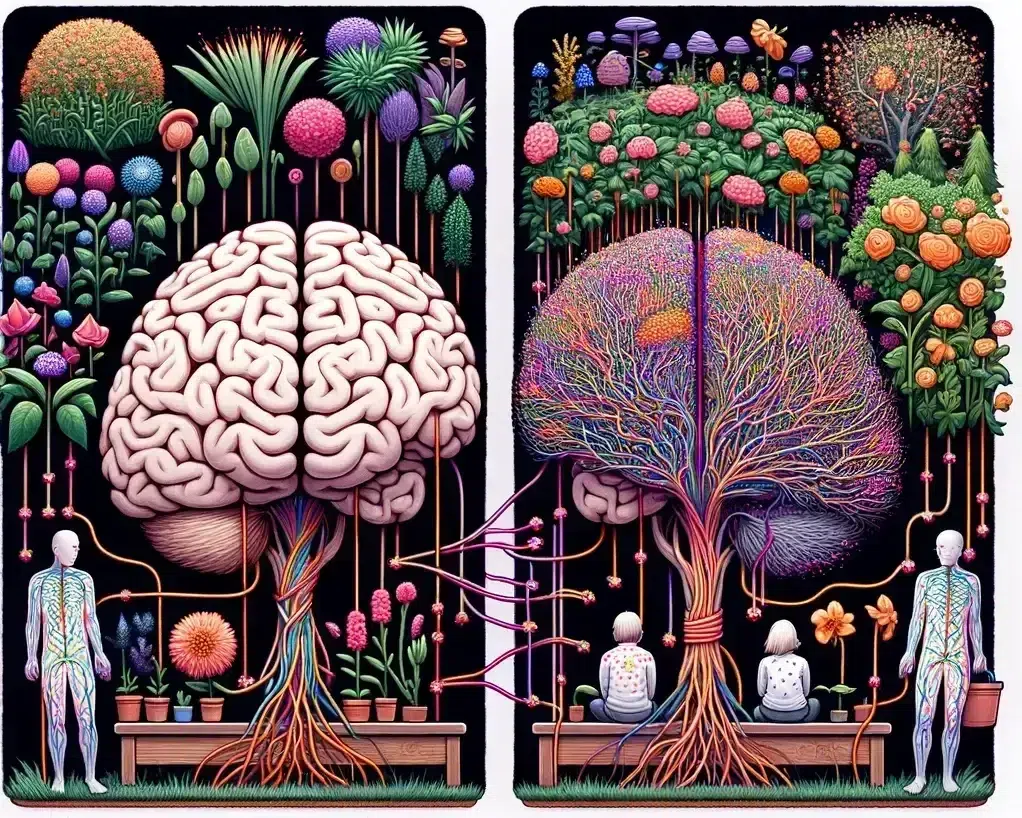Site News
3/13/2025 – Due to my sites continued hacking….
I am unable to add content or make changes to content other than minor text changes . I cannot read your comments or emails sent. Its incredibly frustrating & annoying! I’m afraid to attempt fixes, because it seems I make it worse or crash the site entirely.
Unfortunately, I have not received any donations and due to my current financial situation , I cannot afford the cost of a web developer and I am just to burnout to attempt to fix myself. My brain is too stressed right now 🙁
In the mean time please visit my YouTube or TikTok 🙂 I hope you follow and subscribe! Thank you for your understanding & support.
Also please check out The telepathy Tapes on YouTube to learn more about Non-verbal Autistics & their contribution to society. You can also visit thetelepathytapes.com to learn more!
and learn more about Spellers by watching the documentary here
Want to see my site visitor globe? Click here.
I made a T-shirt! You know I did. Don’t Be a Negative Nancy, Presume Competence
02/01/2025- Donate!- Help Keep this site online!
This donation link is secured by Pay Pal.
12/05/2024 – Hacked! Website, emails, social media….
Even my Starbucks points deleted , war thunder Twitch content deleted, iCloud deleted, and my library card pin changed. And guess what? I emailed the world, filed a zillion reports, and nothing was investigated. Is it because I am autistic? Probably. Because of the site hacking, I can’t make any real changes nor can I see new comments.
09/06/2024 – We are a 501c3 Non Profit!
I am thrilled to share that, as of September 6th, 2024, The Mindscape Neurodiversity Institute has officially achieved 501(c)(3) nonprofit status! This means that all donations made to support our work through TheNeurodivergentBrain.org are now tax-deductible.
Your generosity helps us continue providing free resources, conducting vital research, and advocating for the neurodivergent community. Every contribution, no matter the size, directly supports our mission to enhance the lives of individuals with Autism and ADHD.
Thank you for your support, and for helping us create a more inclusive and understanding world for all neurodivergent individuals.







I have seen a child who is very aggressive and do not focus her teacher and class fellow even they hit the class fellow and bit her head if teacher will not follow her he loudly cry and bit his feet
Please go to https://theneurodivergentbrain.org/visitor-questions/ to view a possible solution. Thank you for commenting.
no comment
This made me laugh, thank you- I appreciate the no comment comment- Sometimes your response is the best response – I feel the same.
My brother is autistic but has lots of talents in arts and crafts. We are in Sri Lanka. Can you suggest an online course or resource to support him? He cannot speak also due to language issues. He speak only a few words.
I wish I could suggest a online course if there was one. Does he like to play online video games? I found with my own Autistic son that video games help with the motivation to socialize. Any video game with other players, so if he needs help to do level up in the game etc, he would have to socialize in order to /move up in the game. It would be even better if you could also play the same game with him in the beginning so he can watch how you communicate to others as well. Being social, talking is not a priority for most autistics, including myself. SO the motivation to socialize just isn’t there, hence why gaming helps so much. Because when gaming one is motivated by rewards to socialize- game rewards, dings, leveling up, etc. Some games require asking other players to help, in order to succeed at the game. Or if there is a community center where he can do arts and crafts with other individuals can help with that as well. Autistics learn by watching others interact. Verbal speaking is just one way to communicate as well. He is effectively communicating now through his art- visually. Perhaps you could do your own art(painting, drawing) to communicate to him that way-and when you show him your art explain what you were feeling and why created it. He is observing and learning from you, and all of us learn at different speeds. Talking outload while he is around, narrating what you are doing, why you are doing it, will also help. Speak to him as though he is speaking back to you. Not in a condescending way more like you would do if he didn’t have autism at all. Normal tone, normal words, it makes a big difference.
My child is very attracted to his elder brother and elder brother friends.he loves to roam outside classroom.stubborn when teacher asks to do something repeatedly or stand or get out of the class.he laughs or smiles when teacher is scolding by getting distracted by others.
Make sure to communicate the dangers clearly to the child. Autistic’s, including myself get very distracted and curious by our surroundings. So make sure to communicate the dangers of going outside, do not sugar coat the consequences of being without an adult. I am very communicative with my children, and I will communicate exactly what will happen if you do something and what I will feel like if something bad were to happen. For example, yesterday my oldest son Otto, spilled water at the top of the steps and walked away from it. I said , Otto it is very important to clean up water whenever you spill it. BECAUSE, if you leave the water there someone, might slip and fall. If someone were to fall down the steps, they could die. Otto responds like a autistic preteen “I have fallen and I didn’t die” – I responded- “Yes, but just because those times you didn’t is no guarantee it won’t happen. Mommy may not see that water and fall down the stairs. Now go please clean it up, and thank you.”
You have to close the loop when communicating with your autistic child. This is not a time to punish or shame, this is a time to educate. Your voice is one to be trusted, it has reasons that are valid and need to be respected. Yelling will not get you the results you are seeking. Calm and in a teaching manner, using exact language is how you will achieve your goals. Remember to be the person you wish your autistic child to be. If you want calm and loving behavior then be calm and loving.
In regards to the school setting, the above applys as well. If your child is behaving in that manner, then it is time to review how the teacher is teaching not in your presence. The school should also be modeling good behavior. I suspect that the teacher behaves in a manner different then he expects, hence the smirk or laughter from the child. If the teacher says to behave one way and then turns around and behaves another way, is not fair and shows favoritism, does not treat your child with respect- then the teacher is getting what he is giving.
I will be honest, I would take a classroom of autistic and adhd children any day of the week. I would have them busy and happy. Art,engineering, science- It is incredibly easy to motivate a autistic child, by talking to their curiosity. Divergent children love to learn way past their level. The school setting just doesn’t meet their needs. These kids are our future designers, architects, rocket scientists, chefs, musicians, Mothers, Fathers, teachers – you name it, whatever they love they will become masters at it. Seriously, their brains are amazing.
Be a kid again and see the world through their eyes. Be curios again. The world is a magical place, non-divergents grow up and are serious and want to do adult stuff and are only fun on holidays or days off. Be in the present and explore your world with them. There is something out there your child is curious about- go check it, it might be a really cool bug or something.
Those were questions!! Thank you for asking.
Super
Thank you!
l am Pakistani my child has ADHD
Hello! I am so glad you visited my site. Welcome!